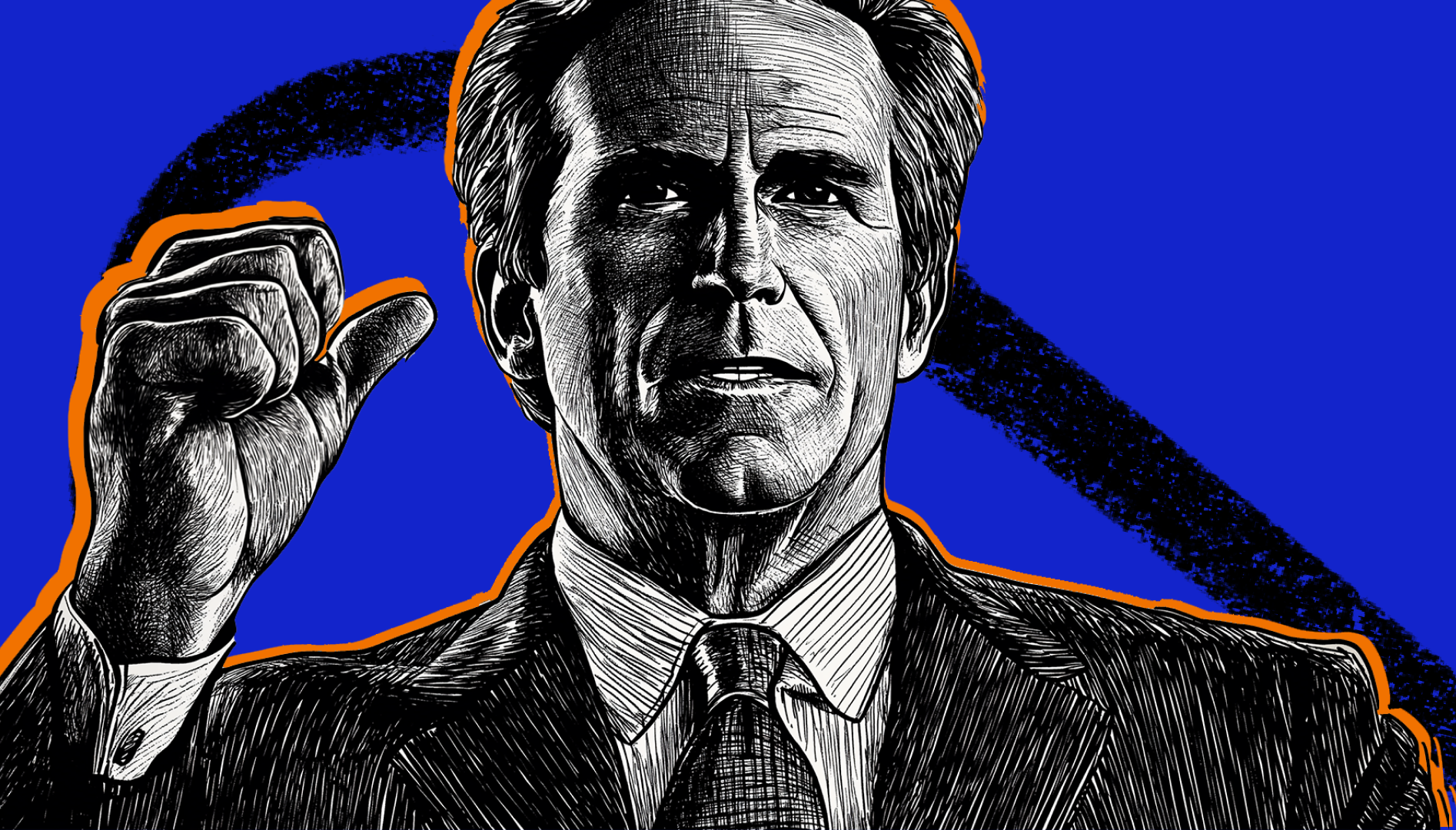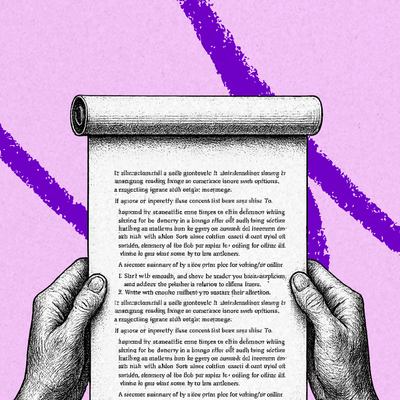
Sponsored By: Making Websites Win
This essay is brought to you by Making Websites Win, the extraordinary bestselling growth playbook that has fueled the success of companies like Amazon, Apple, Google, and Facebook to grow their conversion rate, revenue, and profit. Though it typically retails for $19.99, we're offering you a chance to claim your copy absolutely FREE today.
It seems obvious, but if you want to be happy, the key is to believe in God, love your spouse, and make a shit-ton of money. This is true even if the majority of the world doesn’t like you.
I’m speaking, of course, about Mitt Romney. Even within the state of Utah, a land where he once could do no wrong, he only has a 50% approval rating. Republicans in the U.S. government consider him a traitor to the cause of Trump. Democrats despise him for supporting conservative justices to the U.S. Supreme Court.
Like any person who has achieved power in this world, there is much to criticize. But if I gave you the stats of Mitt Romney on a game-of-life baseball card, you would think this dude was a Hall of Famer. He is worth hundreds of millions of dollars (great), he has wielded vast political powers for over a decade (fine), and, most importantly, he has done so while remaining beloved by his children, devoted to his high-school sweetheart, and fulfilled by his faith (very great).
In all my study of powerful people, out of all the billionaires I’ve met and the biographies I’ve read, Romney may hold the title of “man who has achieved the best life.” And I say this as someone who disagrees with the majority of his politics. I think he is someone worth emulating.
For his entire life he has maintained a consultant-controlled public image. We were never really sure what he actually thought. Thankfully, he is the subject of the new book Romney: A Reckoning by McKay Coppins. Coppins, a journalist for The Atlantic, had unusual access. Not only did he conduct over 50 interviews with him, Romney also gave Coppins years of his journals. These are not edited, censored records. They are honest reckonings with the depression and doubt that accompanied Romney’s failed presidential bid. There is page after page of insults about many of his current Senate colleagues. While Coppins suffers from some of the bias that all access journalism-type books have, he does a remarkable job of cutting to the heart of Romney’s character and success. This book is one of the most honest, insightful political biographies I have ever read. It is a remarkable achievement.
But before we discuss why I think Romney is a walking W, I need to acknowledge that I am hopelessly biased on this topic. Romney, Coppins, and I are all Mormons and went to Brigham Young University. I’ve partied at Romney’s political rivals’ houses. My friends have been on dates with his grandchildren. Shoot, I’ve eaten BBQ with some of his neighbors. However, you can’t really understand Romney’s success if you don’t get Mormonism. Our shared faith is central to understanding his life and his achievements. Even though I am not a particularly exemplary Mormon, I am a pretty good writer and, therefore, have insights to offer here.
My goal with this review is to figure out how Romney was able to accomplish so much while not destroying his personal life—which is an outcome that all ambitious people want.
Some terrible advice
In a hint of what was to come, Romney grew up watching his father also fail to be president. George Romney was a successful automotive CEO and then a liberal Republican governor of Michigan. In his first State of the State address, he argued, “Michigan’s most urgent human rights problem is racial discrimination—in housing, public accommodations, education, administration of justice, and employment.” Which is, like, a pretty cool thing to say in 1963. He spent time with the Black Panthers and decried the Vietnam War (an opinion that eventually sunk his presidential campaign). It is very hard to imagine a Republican today doing that much to alleviate racial inequality. Well, except one: Mitt Romney was the first Republican senator to walk in a Black Lives Matter march.
If your dad were a millionaire and a governor and popular, you are scientifically predetermined to grow up a shithead. It is rare for a child of privilege to not fall prey to the “my dad is cool and therefore so am I” trope. Mitt Romney had some early symptoms of this illness. He was a prankster, with memories of jokes that sometimes went too far haunting him to this day. He cruised through multiple girlfriends and was popular at school (it helped that he had a car). All across America there are children like this—rich kids getting away with more than they should. However, most of them do not take second place in a presidential race. So, what was the difference for Romney?
The first and most important was that he met Ann Davies his senior year of high school. She was a 15-year-old sophmore and was distinctly unimpressed with Romney’s act. When Ann went on a date with another boy, she showcased the independence that made Romney crazy for her. “When Mitt confronted her, expecting a sheepish apology, Ann was defiant. ‘Do you think you own me or something?’ she demanded. ‘I’ve gone out with you a few times, that means I can’t go out with someone else? I’m supposed to clear that with you?’ Mitt was in love.” At prom that year, he told her he wanted to marry her one day.
That high-school romance ignited a fire that never left Romney. Throughout his life he remained obsessed with winning and keeping his wife’s respect. In the book it is obvious that she is everything to him. Humiliating defeat and painful public embarrassments are always a politician's lot, and Romney’s career had such sour grapes in spades. But over and over again, Ann has been there for him. She grounds him in reality and is never all that impressed with the trappings of wealth and success. She just wants him to be a good man.
He was so committed to her and his family that when management consulting firm Bain & Company offered him a job, he laid out multiple conditions: “He would not work on Sundays, which were reserved for Church; he would not work on Wednesday nights, which were reserved for volunteer ministry duties; and with few exceptions, he would be unreachable on weekends so he could spend time with his family.” This is not what you expect from the hot-shot business man he would later become.
I called Coppins and asked him about Romney’s marriage. How did he do it? How did he have such success at home? Coppins told me that Romney gets this question relatively frequently, and, surprisingly, he feels frustrated by it. When Coppins himself asked about it, Romney gave some version of, “I’m not great at giving marriage advice because I’m obsessed with courting my wife’s respect and approval. Being wildly and hopelessly in love with your wife is the way to have a good marriage. That’s all the advice I really have to offer.”
The Only Subscription
You Need to
Stay at the
Edge of AI
The essential toolkit for those shaping the future
"This might be the best value you
can get from an AI subscription."
- Jay S.
Join 100,000+ leaders, builders, and innovators

Email address
Already have an account? Sign in
What is included in a subscription?
Daily insights from AI pioneers + early access to powerful AI tools








.08.31_AM.png)

Comments
Don't have an account? Sign up!
Very interesting, thank you! This gave me some more insight not only of Romney, but of the Mormon mindset. He really is quite an interesting person!
BTW, there's a "then" instead of "than" before Newt.
@RODRIGOBRAZ Thank you! Fixed.
Both the article and sponsor are a perfect for for me. Thank you. I'm going split test using the "regular churchgoer" metric to see if we can increase the number of civic-minded members into our community.